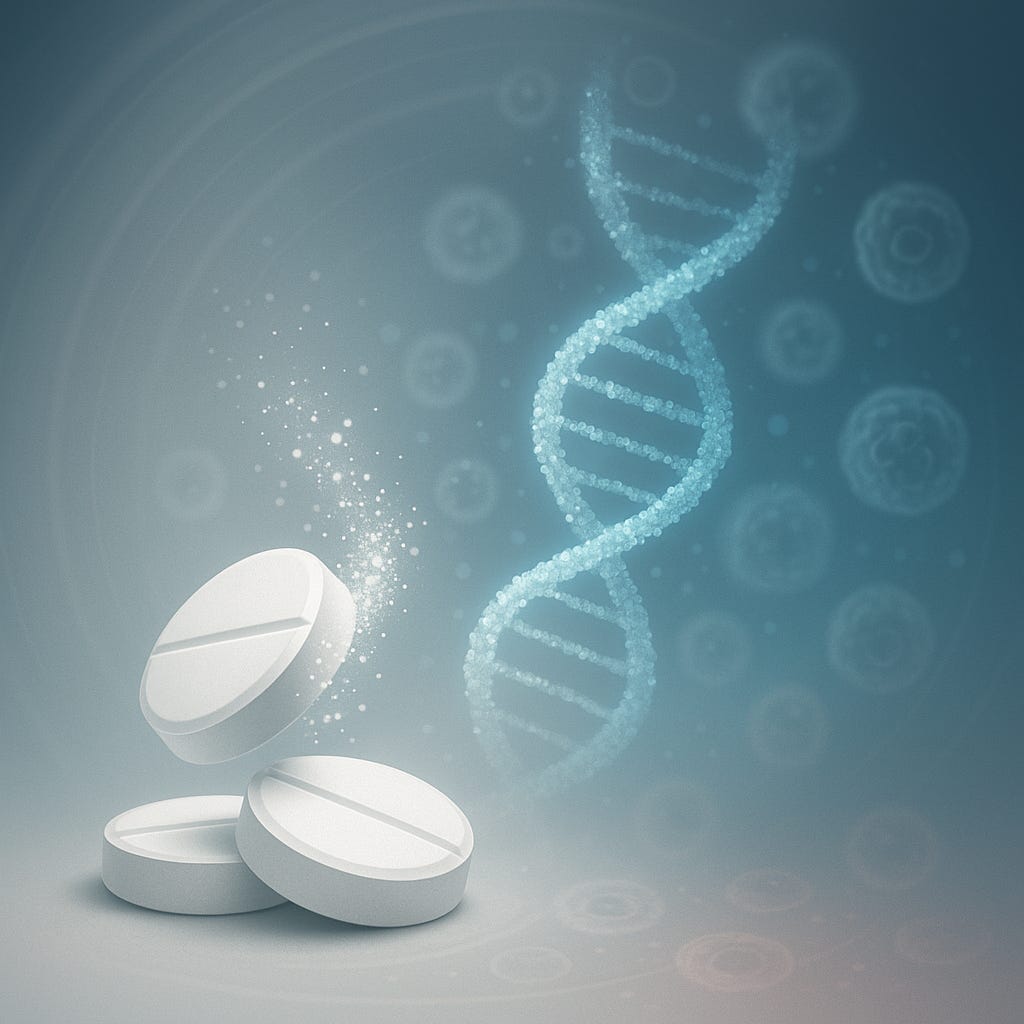Low-Dose Aspirin and Cancer Prevention in Older Adults
New analysis from the ASPREE study explores who may benefit—or be harmed—by daily aspirin use for cancer prevention.
A secondary analysis of the ASPREE trial suggests that low-dose aspirin may reduce cancer risk in certain older adults but increase it in others, pointing toward a complex, individualized relationship between aspirin, aging, and cancer biology.
Study Details:
The ASPREE (Aspirin in Reducing Events in the Elderly) trial originally enrolled over 19,000 adul…
Keep reading with a 7-day free trial
Subscribe to Just Healthcare to keep reading this post and get 7 days of free access to the full post archives.


